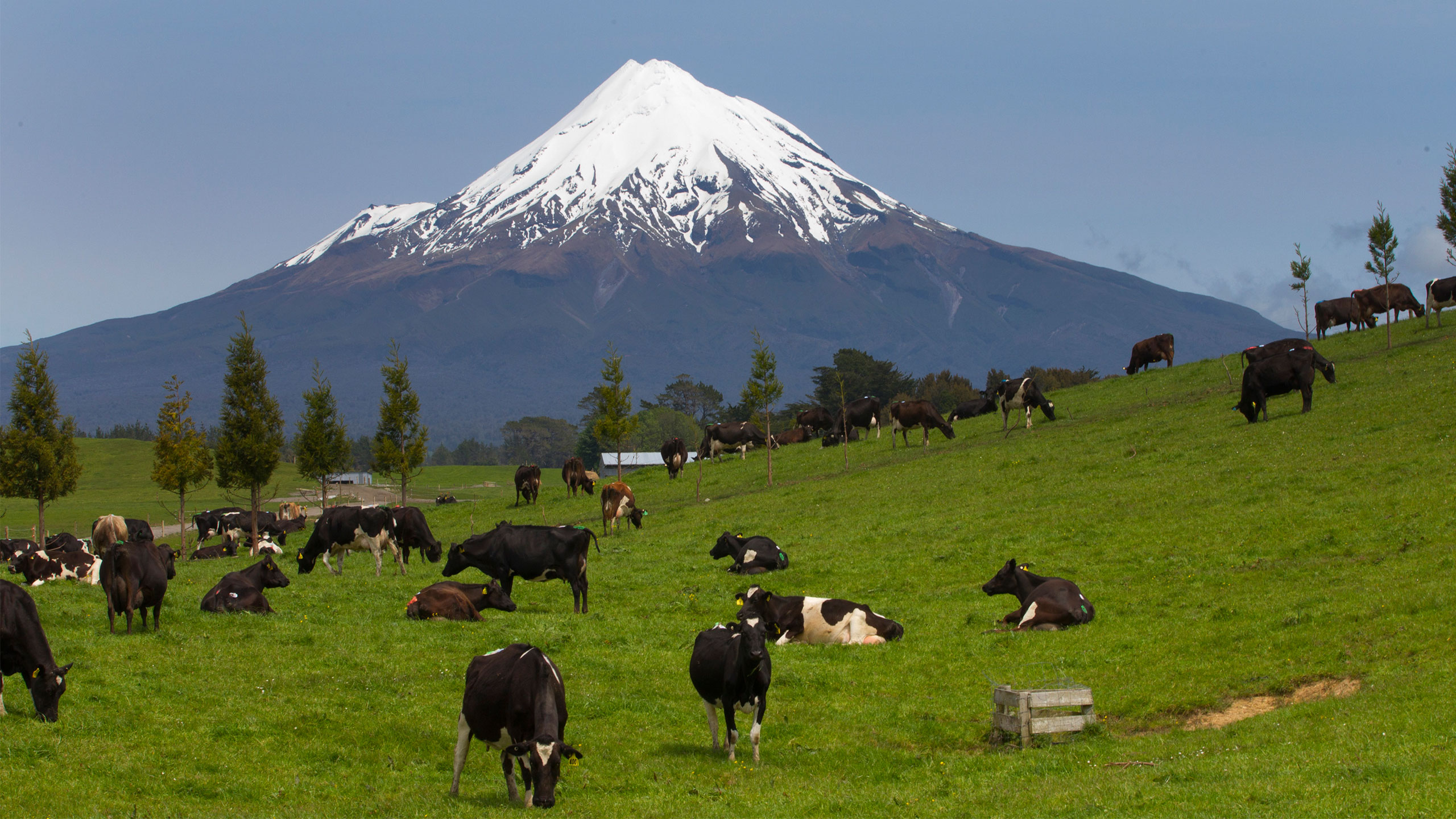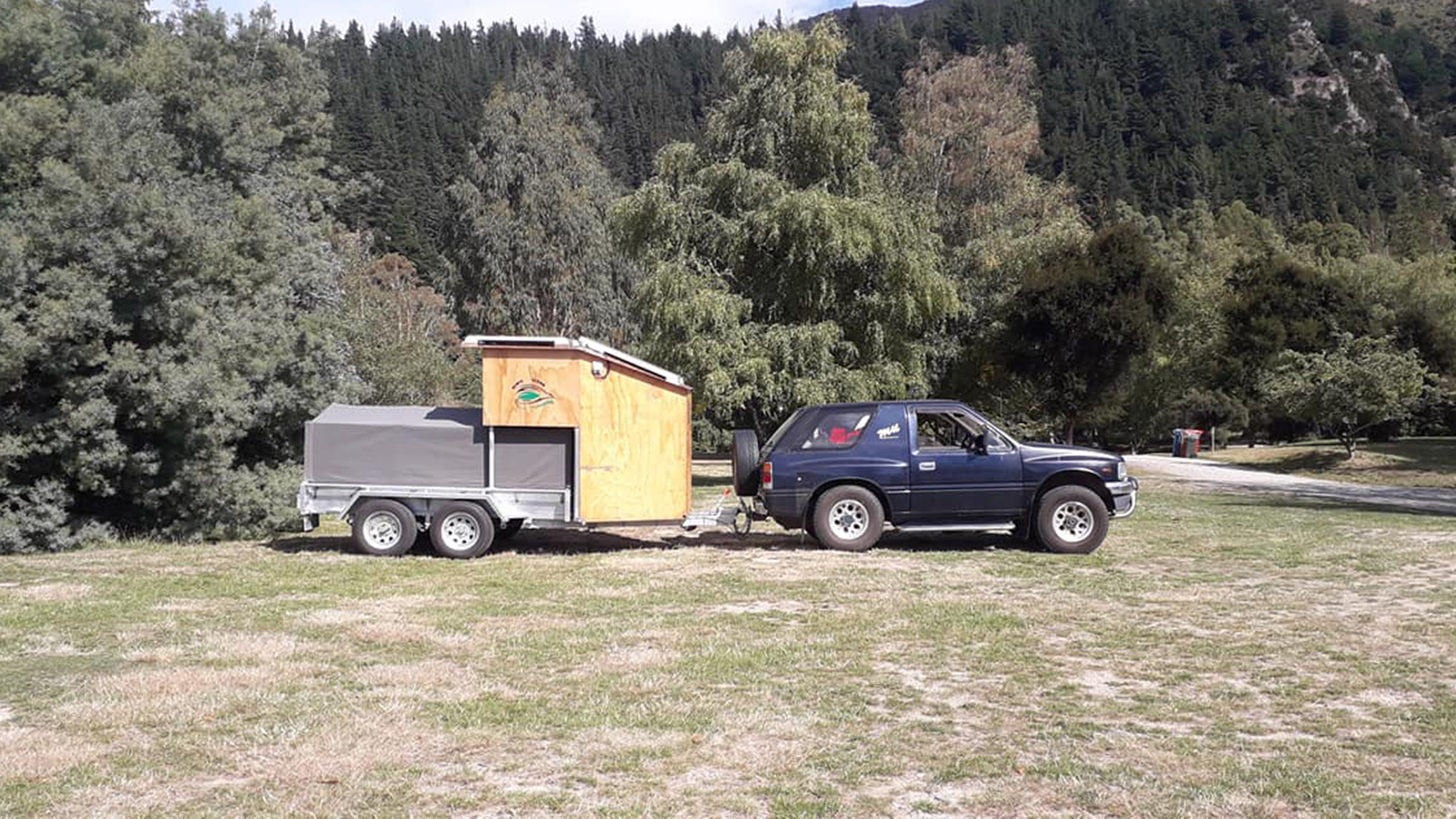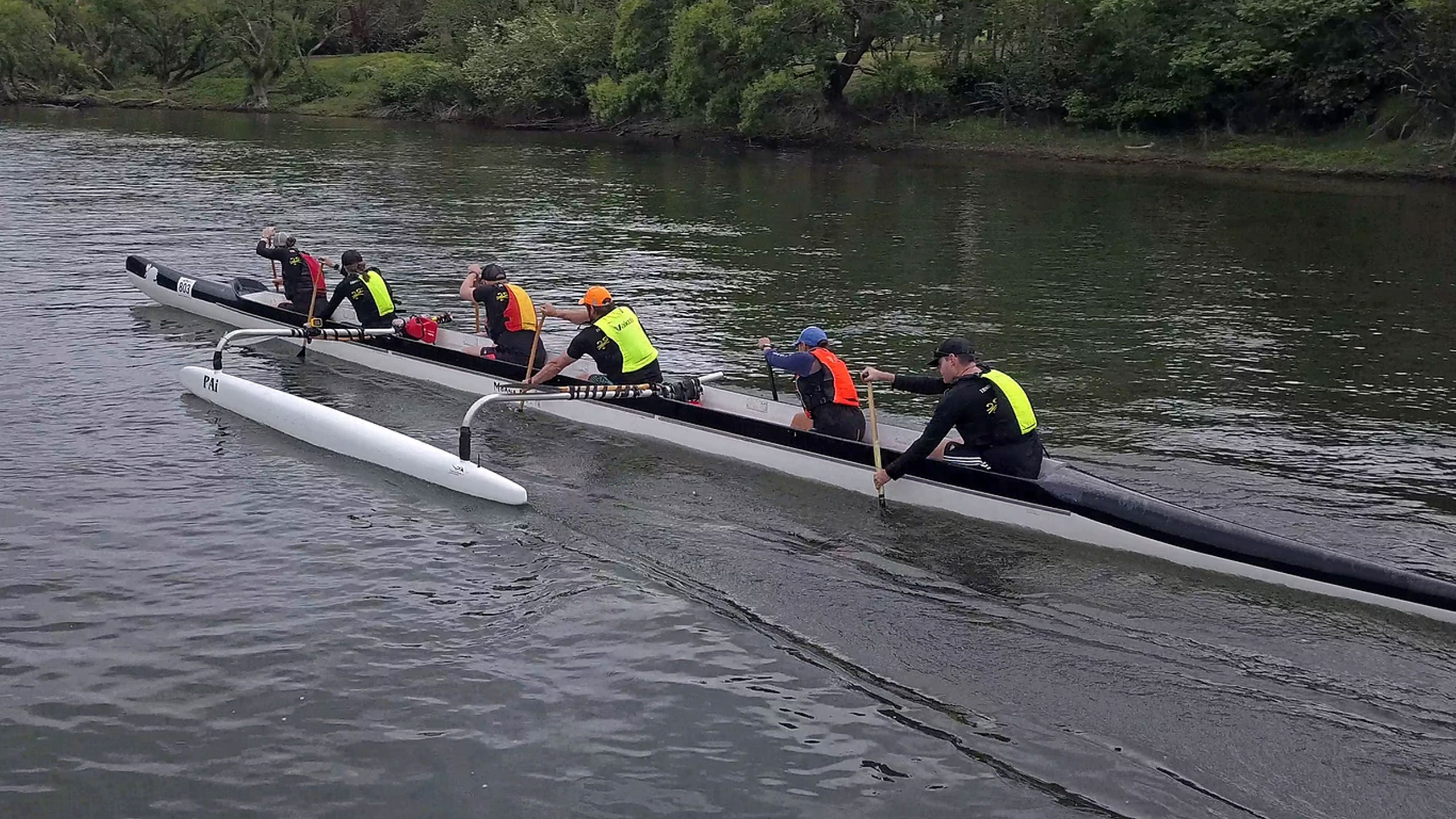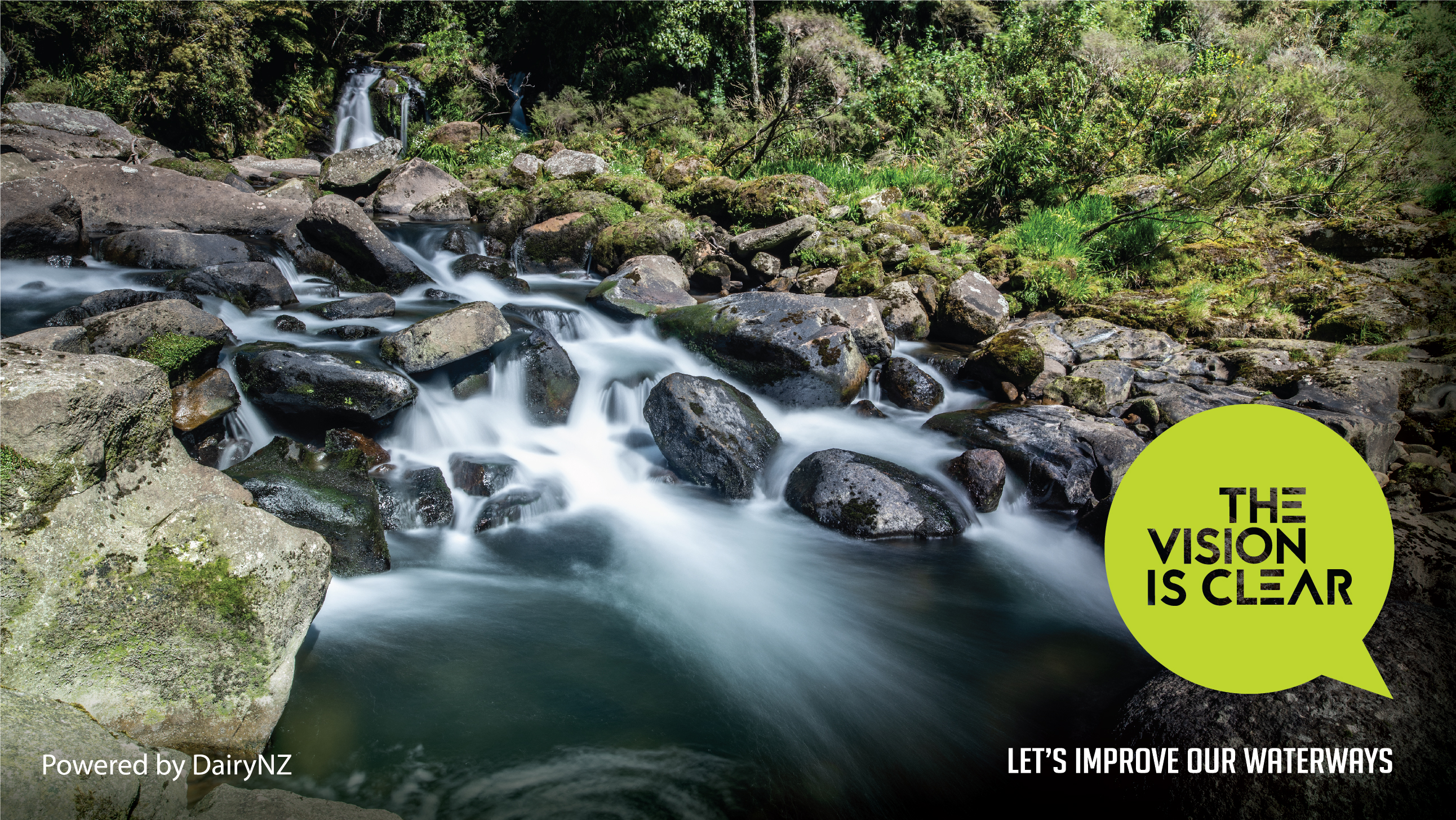Call to action for Kiwis & rubbish
One-man campaigner on odyssey around NZ challenges other Kiwis to help clean up waterways.

Powered by DairyNZ
Powered by DairyNZ
More Kiwis are being called upon to “do their bit” to help one-man campaigner Des Watson clean up New Zealand’s waterways and coastlines, mirroring the sentiments of DairyNZ’s The Vision Is Clear movement.
Watson set off from Karamea at the top of the West Coast to start a rubbish-collection odyssey around the nation’s coast, called Kiwis Clean Aotearoa, in January. Watson contacted The Vision Is Clear after reading about the campaign’s similar aims and objectives and is currently working his way up the South Island east coast.
Public support for him led him to start a second Facebook page, The Des Watson Pick Up 100 Challenge, to encourage other concerned Kiwis to contribute.
“I’ve got some people who are helping me with mentoring and ideas, and someone suggested setting up a challenge,” he says. “People can go out and pick up 100 pieces of rubbish at their local beach, stream or park or school or whatever, then post before-and-after pictures of what they’ve done and what they have collected.
“It could be quite fun to then challenge their friends and family to do the same thing.”
Watson left his job to take on his environmental mission but publicity about his mission has meant a surge of donations to his Give A Little page. Funds grew to just over $5000, to help cover his expenses on the road: “It’s been awesome,” Watson says. “About $2000 came in one week; I was really taken aback.”

Des Watson. Photo / Supplied
Des Watson. Photo / Supplied
Having travelled down the West Coast collecting rubbish from beaches and waterways, Watson was devastated to hear of the wash-out of the landfill near Fox Glacier during storms in late March, which dumped hundreds of kilos of rubbish into the river and sea. He is also concerned about continuing erosion from the coastal landfill at near Greymouth.
“The ocean is a pretty powerful force and even though they might build barriers and put big rocks there, the sea can toss them round like a pebble.”
Watson travelled down to the Southland coast to continue his clean-up effort in April, but what he found at Monkey Island west of Riverton disturbed him.
“This was actually the worst area I’ve seen. It is such a beautiful and isolated beach but it’s like a big fish-hook, so anything that’s in the Southern Ocean currents travels around the bottom of New Zealand and gets dumped in this bay. My concerns about plastic in the ocean grew tenfold when I saw what I saw there.”
Watson says the beach was covered in “millions of pieces of plastic, right down to the raw form, those little plastic pellets.”
Rather than pick up each piece, he raked up the top layer of sand and dumped that, by hand — realising all the time that the next tide would only bring more rubbish ashore.
“That’s all I could do by myself — I don’t have a digger — and it was quite a lot of hard work.”
Another major issue he has encountered is rubbish reaching the sea through stormwater runoff. Watson says he has spoken with several councils along his route about the use of catchment socks.
“That’s where I think a lot of this plastic is coming from. I think all stormwater drains should have some sort of catchment sock on the end of them to stop so much rubbish ending up in the sea. It all comes back to money — but if you’re going to put a price on these kind of things, the price we’re going to pay in the end is the cost of losing our ocean ecosystem.”







